Science Encyclopedia - AI-driven Scientific Compendium
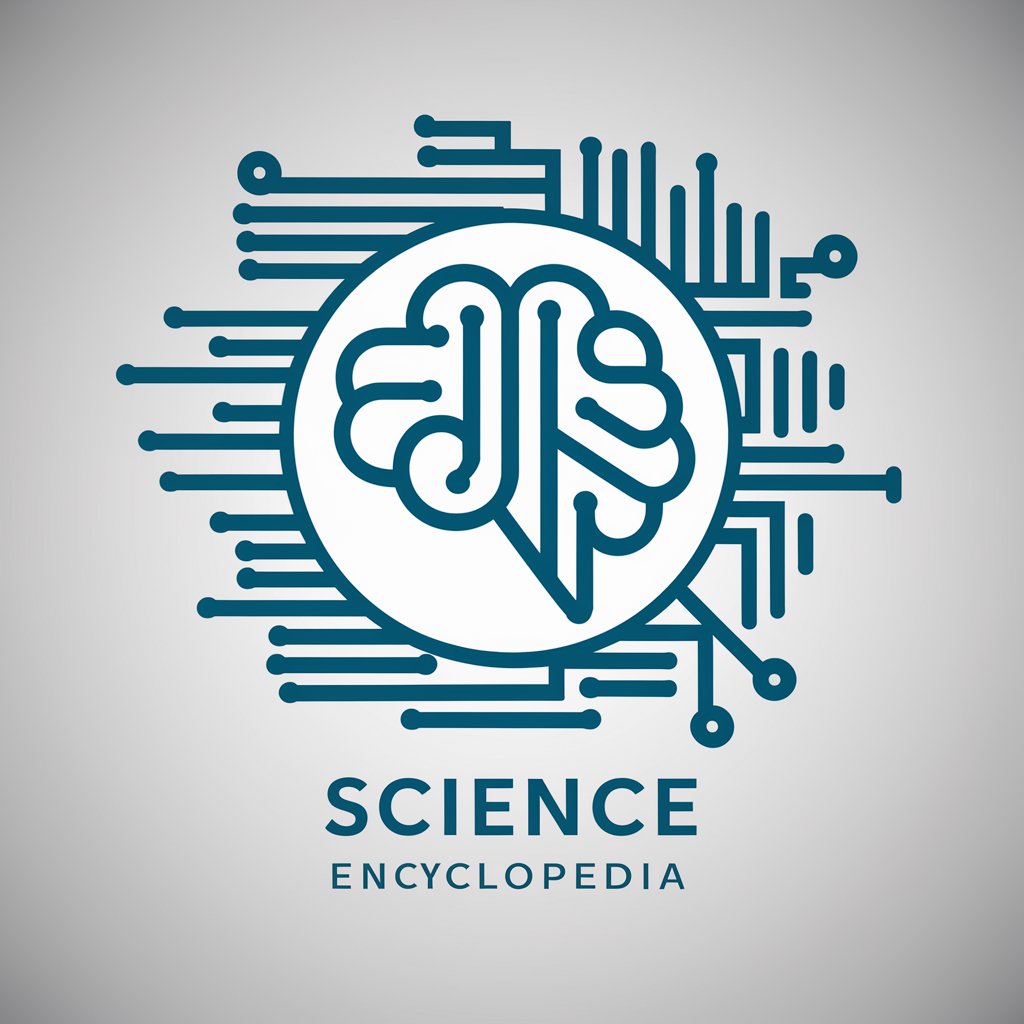
Hello! I'm Science Encyclopedia, created by [UNI](https://useuni.app). How can I assist with your scientific inquiries today?
Explore Science, Powered by AI
Explain the concept of quantum entanglement in simple terms.
How does CRISPR technology work and what are its potential applications?
What are the key differences between mitosis and meiosis?
Describe the process of photosynthesis and its significance in the ecosystem.
Get Embed Code
Introduction to Science Encyclopedia
Science Encyclopedia, created by [UNI](https://useuni.app), is an AI-driven platform designed to serve as a comprehensive compendium of scientific knowledge. This digital encyclopedia aims to provide users with accurate, reliable, and up-to-date scientific information across a wide range of disciplines. A key feature is its ability to dynamically generate visual content such as diagrams and charts to aid in the understanding of complex scientific concepts. Additionally, it offers the capability to fetch the latest data from reputable sources via web browsing, ensuring that the information remains current and relevant. Example scenarios include a student preparing for a science fair needing detailed explanations and diagrams of photosynthesis, or a researcher seeking the latest studies on climate change impacts. Powered by ChatGPT-4o。

Main Functions of Science Encyclopedia
Web Browsing for Current Information
Example
A user inquires about the latest developments in renewable energy technologies. Science Encyclopedia uses its web browsing capability to fetch and synthesize the most recent research and data, providing the user with a detailed and current overview of solar panels and wind turbines innovations.
Scenario
Used by academics and industry professionals needing the latest scientific findings to inform their work or research projects.
DALL·E Image Generation
Example
A high school teacher asks for a visual representation of the human digestive system for a biology class. Science Encyclopedia generates a detailed, anatomically accurate image that the teacher can use in presentations to enhance students' understanding.
Scenario
Used in educational settings where visual aids are required to effectively communicate complex scientific concepts.
Ideal Users of Science Encyclopedia
Students and Educators
Students ranging from high school to university level, as well as educators in scientific disciplines, benefit immensely from the detailed explanations, visual aids, and up-to-date information provided, enhancing learning and teaching experiences.
Researchers and Professionals
Professionals and researchers in fields such as environmental science, biotechnology, and physics use the platform to stay informed about the latest scientific advances and data, supporting their research and professional development.
General Public with Interest in Science
Curious individuals eager to understand scientific phenomena or stay informed about technological and scientific advancements find the encyclopedia a reliable source to satisfy their curiosity and gain knowledge.

How to Use Science Encyclopedia
Visit yeschat.ai
Start by visiting yeschat.ai for a free trial, allowing you to explore the functionalities of Science Encyclopedia without needing to log in or subscribe to ChatGPT Plus.
Explore Topics
Select from a wide range of scientific topics. Utilize the search or navigation tools to find information that matches your specific interest or query.
Utilize Tools
Make use of the browsing, and image generation capabilities to enhance your understanding and visualize scientific concepts effectively.
Ask Questions
Input your questions directly into the interface. The system is designed to handle inquiries ranging from broad scientific theories to specific data points.
Apply Insights
Apply the insights gained from the Science Encyclopedia to your educational, professional, or personal projects to enhance your output and understanding.
Try other advanced and practical GPTs
CoD Summarizer
Efficiently distill information with AI.

GPT Embed Chat
Elevate interactions with AI-powered chat

Matterport Embed Helper
Streamline Virtual Tour Embedding

Stripe Expert
Enhancing Stripe with AI-Powered Support

Witcher Translator
Translate Witcher text, AI-enhanced!

Media pitcher
Craft your story, powerfully.

Encyclopedia
Unlock Knowledge with AI
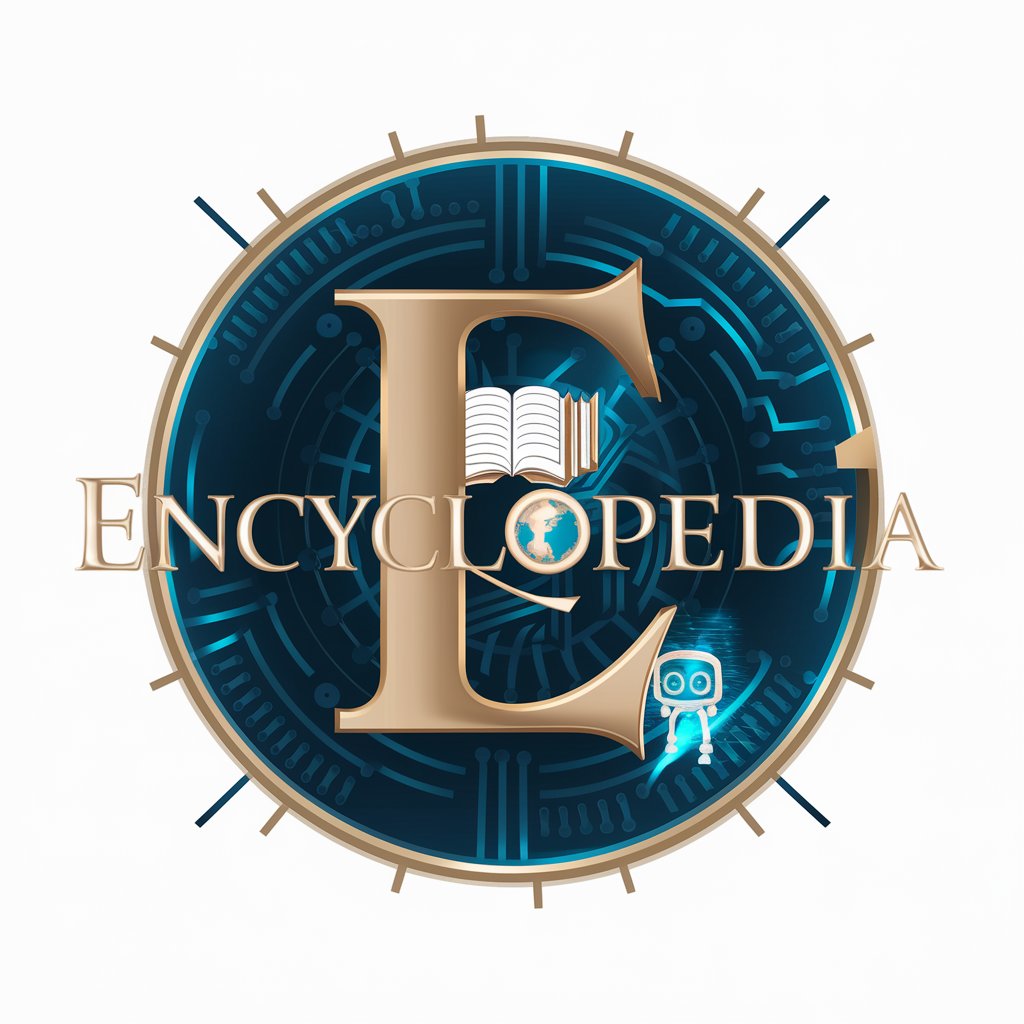
Encyclopedia
Bridging Languages, Cultures, and Eras
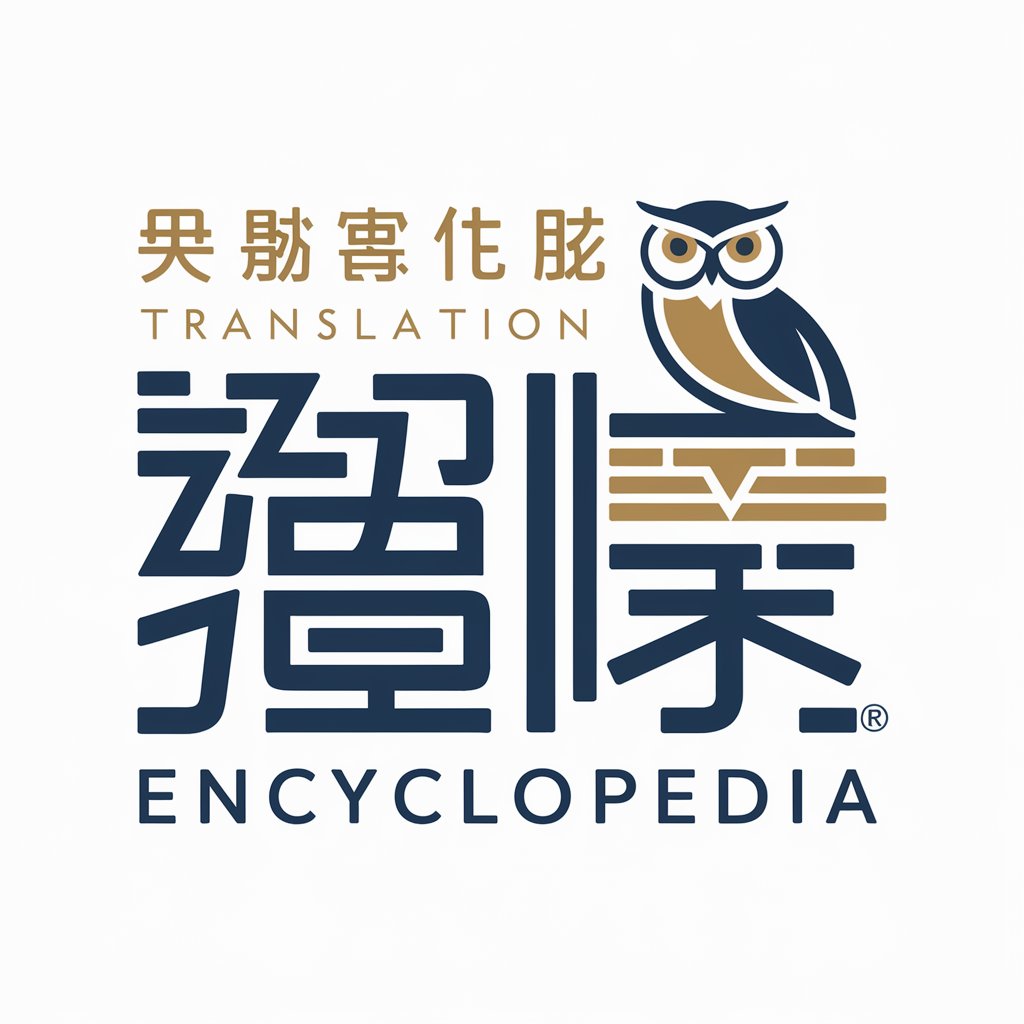
Encyclopedia Partner
Empowering creativity with AI intellect
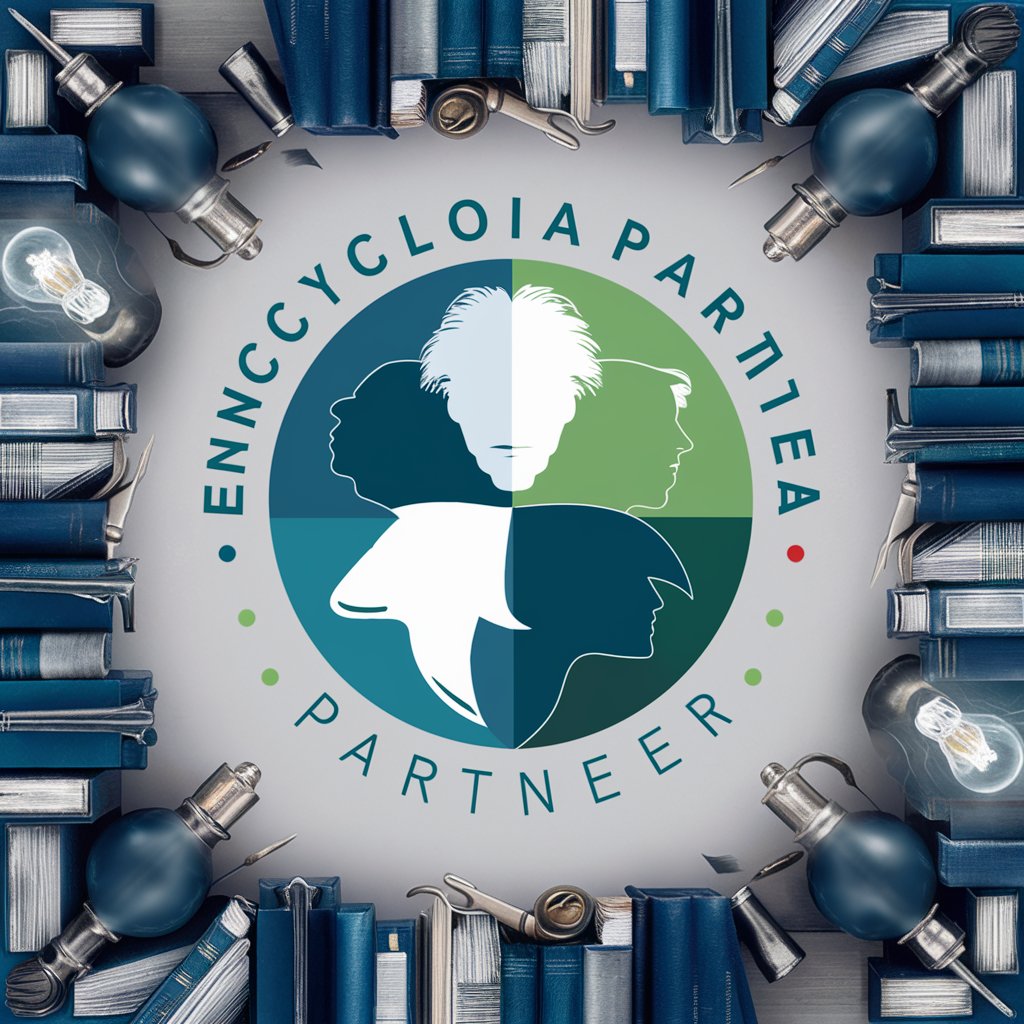
Encyclopedia of Vedic Remedies
Unlock Life's Secrets with AI-Powered Vedic Wisdom
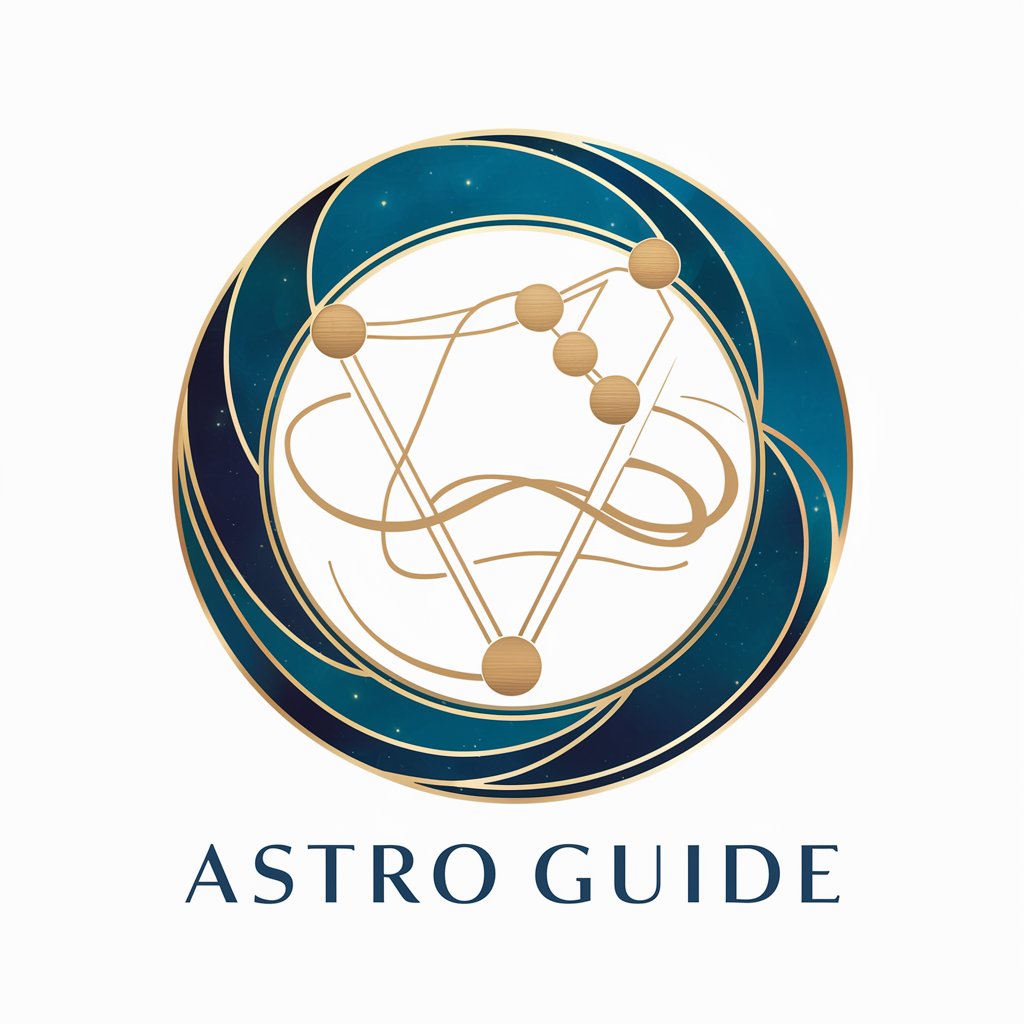
Induction Induction, What's the Function?
Master Your Induction Cooktop

FacharztGPT
Enhancing medical knowledge with AI

Frequently Asked Questions about Science Encyclopedia
What makes Science Encyclopedia unique?
Science Encyclopedia is unique due to its ability to provide up-to-date, comprehensive scientific knowledge powered by AI, with capabilities such as web browsing for the latest information and DALL·E image generation for visual learning.
How does the image generation feature work?
The image generation feature uses DALL·E to create accurate visual representations of scientific concepts, aiding in better understanding through visual learning.
Can I use Science Encyclopedia for academic research?
Yes, Science Encyclopedia is an excellent resource for academic research, providing reliable, detailed scientific data and explanations that can support and enhance scholarly work.
Are there any specific system requirements for using Science Encyclopedia?
There are no specific system requirements; it is accessible via web browsers on most devices, ensuring easy accessibility for all users.
What are some tips for getting the most out of Science Encyclopedia?
To optimize your experience, be specific with your queries, use the visual tools offered, and explore the linked resources for a deeper understanding of complex scientific topics.
